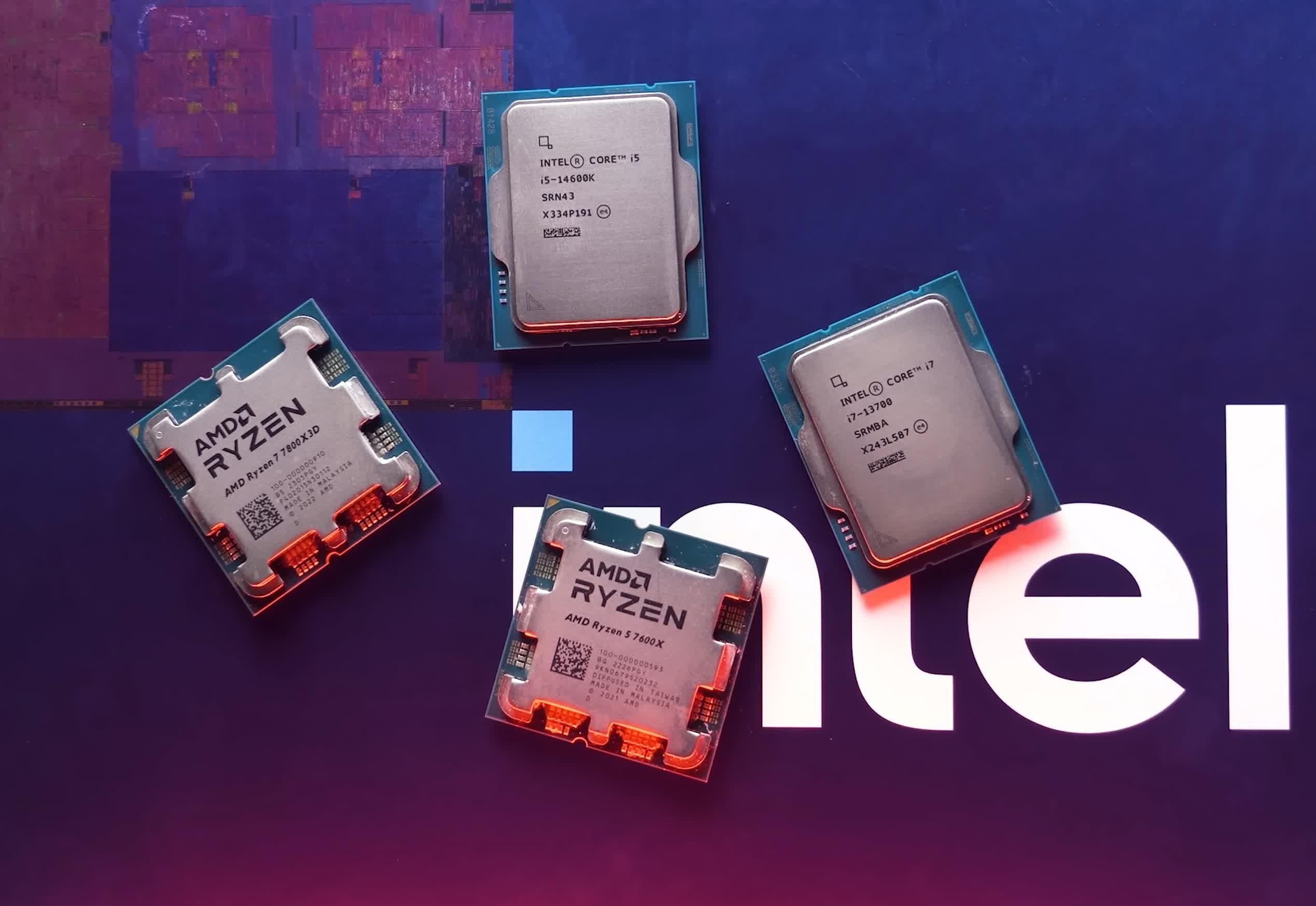"Therefore, it's our opinion that Intel needs to support their next platform for at least 4 generations, and by generations we mean real generations, no straight refreshes."
But why tho? Seriously, why do we need so many? Upgrading sounds nice in theory, but modern CPUs easily last 6-8 years before showing signs of aging. By that point, you'll have significantly faster DRAM, or NVMe, or something else. Imagine popping a raptor lake CPU into an old skylake motherboard, with only NVMe and PCIe attatched to it.
Not to mention the incompatibility issues. Does nobody remember the AM4 fiascos? Motherboards that couldn't handle the microcode updates, missing features on older chipsets, hell the 5000 series STILL does not have full support on x370 boards. And how many people are upgrading to, say, a 5800x3d on a x370? The vast majority of 5000 builds, and even 3000 builds, you see out there are using 500 series chipsets. So what was the point?
Upgrading every few years is a total waste of cash. buy a CPU and mobo, keep it for a decade, then upgrade. Yeah, it doesnt scratch the enthusiast itch as much, but we dont really NEED new CPUs every 2 years anymore. We passed the point of good enough back in the sandy bridge era, if not earlier.
"This isn't an ideal situation for Intel's customers. While some might argue that not everyone upgrades with every new generation, that misses the broader issue. No enthusiast or customer should be defending Intel's poor platform support, you're just shooting yourself in the foot and making the PC platform worse for everyone else in the process. This is without question the worst aspect of the PC enthusiast crowd and we see this illogical corporate simping for not just for Intel but also with AMD and Nvidia."
This is a very emotional argument right here. There is plenty of logic in not upgrading every few years. From both a fiscal and performance perspective, upgrading every 2-3 years is an absolute waste of time. Nobody is stopping you from spending $400 on every generation of AMD CPU. We're just pointing out its a hilarious waste of money. And how does nvidia even fit in here? Their GPUs dont demand new platforms every generation.
"A more pressing concern for Intel might be their inconsistent platform commitment. This inconsistency has likely been detrimental for a while, leading to missed sales opportunities."
This is absolutely hilarious to read. The same intel that dominated in sales for YEARS, is being held back by platform? Mate, they were selling 95% of enthusiast chips at one point, it took till ryzen 3000 for AMD to finally put a dent in it, and intel's CPU division STILL outsells AMDs. WHAT detriment?
Performance sells. Not promises of future upgrades. The author is clearly an enthusiast whom likes upgrading. That's fine, but you dont need to get so mad as to make terrible takes that are factually incorrect.
